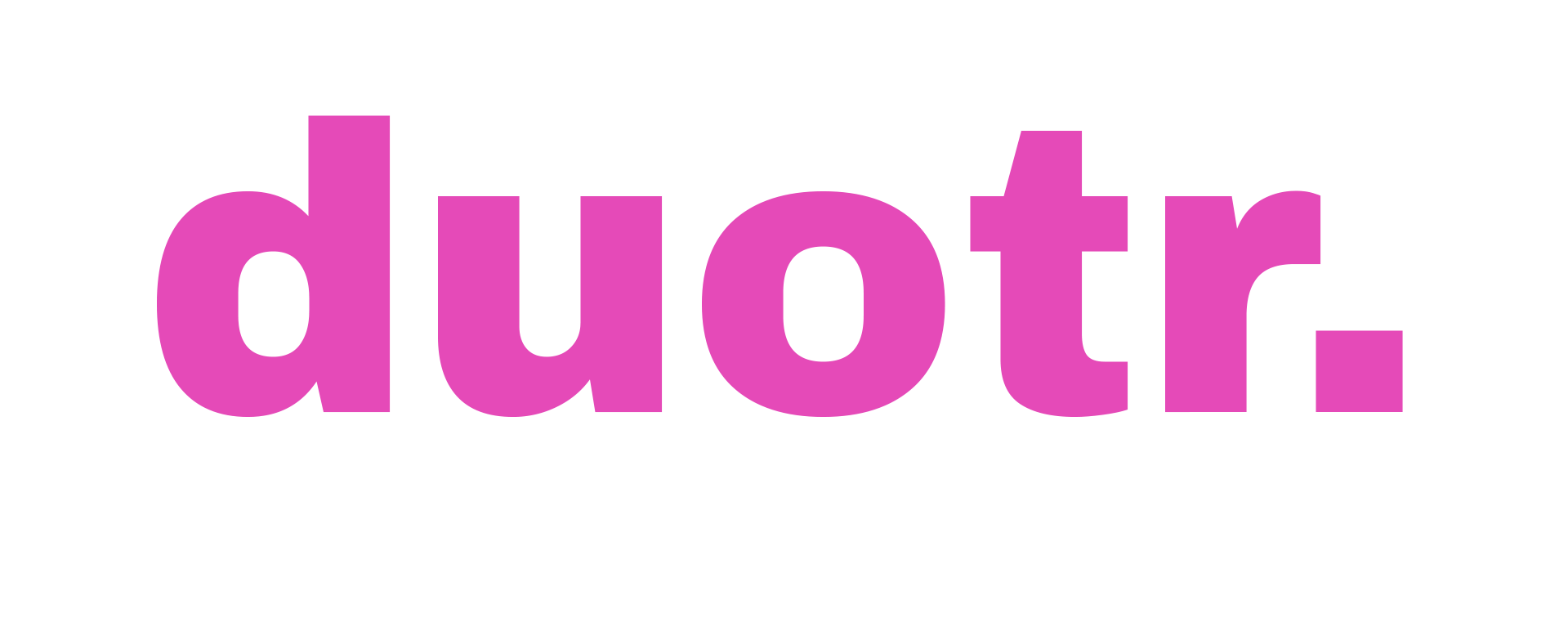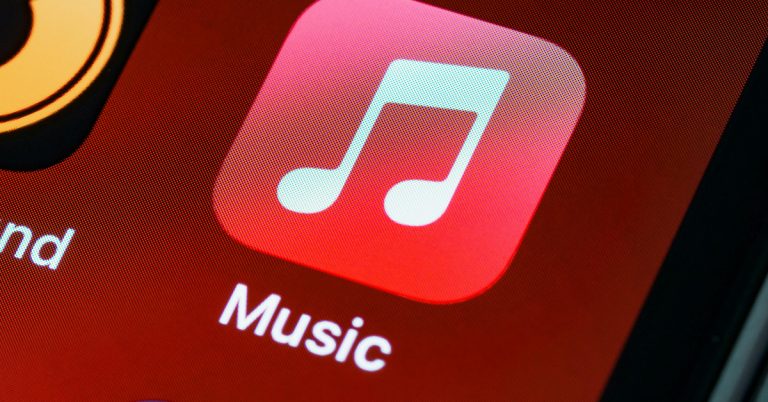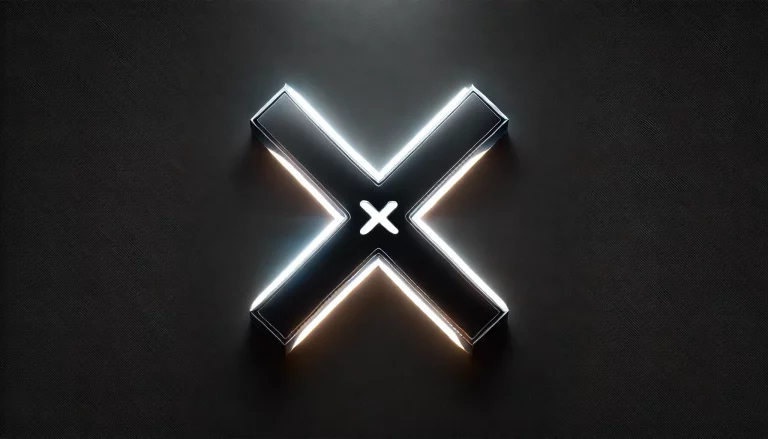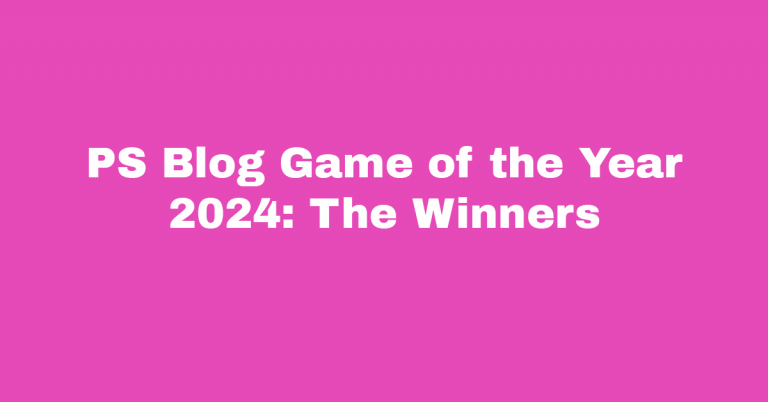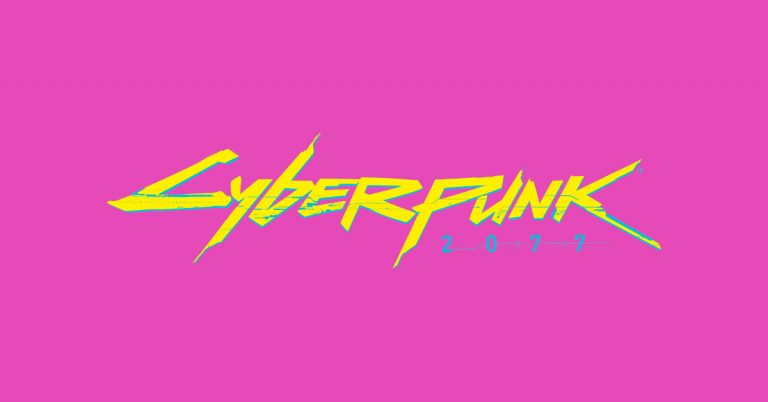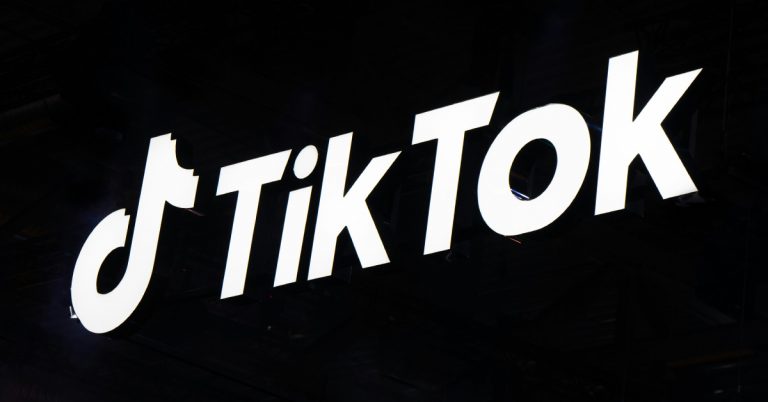U.S. Appeals Court Sides with Law Aiming to Block or Sell TikTok
The U.S. Court of Appeals has upheld a law that might force TikTok, the viral video app beloved by over 170 million Americans, to either cut ties with its Chinese parent company, ByteDance, or pack up its algorithms and leave the U.S. entirely. This legal move stems from concerns over national security, with the Biden administration alleging potential risks of Chinese government influence on American data and discourse. But is this a savvy safeguard or a clunky overreach?
The Core Drama: TikTok vs. National Security Concerns
The crux of the controversy lies in TikTok’s ownership. Critics claim ByteDance’s Beijing roots give China a window into Americans’ private data and the potential to meddle with content. TikTok’s counterargument? The app is being unfairly targeted and has gone above and beyond to separate its U.S. operations through a $2 billion effort dubbed “Project Texas,” which includes storing U.S. user data on Oracle-managed servers and creating a separate U.S. entity.
However, national security hawks are unconvinced. They argue that ByteDance could still be compelled by Chinese authorities to hand over sensitive information or tweak TikTok’s powerful algorithm for political purposes—a claim TikTok denies.
What Does the Law Actually Do?
The law, passed earlier this year, would require TikTok to sell its U.S. operations or face a nationwide ban. This is reminiscent of the 2020 forced sale of Grindr from a Chinese company to an American one. While that case focused on user data in a niche market, TikTok’s case is more complex, given its role as a platform for free expression.
TikTok’s Legal Hail Mary: The First Amendment
TikTok and its advocates have argued that banning the app infringes on Americans’ First Amendment rights. After all, content creation and consumption are forms of speech, and TikTok has become a cornerstone of digital culture. The court is navigating tricky waters, balancing free speech rights against national security risks—a precedent-setting challenge.
Potential Hiccups and Hilarities
If ByteDance is forced to sell, there’s the question of whether the all-important algorithm—a key ingredient to TikTok’s addictive charm—comes with the deal. Without it, TikTok could turn into “That App Formerly Known as Fun,” leaving competitors like Instagram Reels gleefully rubbing their hands. On the flip side, a ban might ignite creative chaos, with influencers scrambling to migrate to platforms where trends go to die.
What’s Next?
The case isn’t settled yet. TikTok could appeal to the Supreme Court, prolonging its fight to stay in the U.S. But until then, the question remains: Will Congress’s attempt to unplug TikTok be seen as a heroic defense of democracy or a massive buzzkill for Gen Z and beyond?
Stay tuned—this app battle is far from over.
